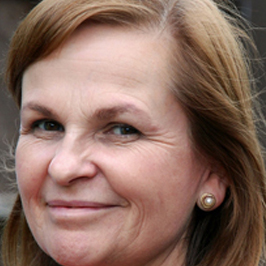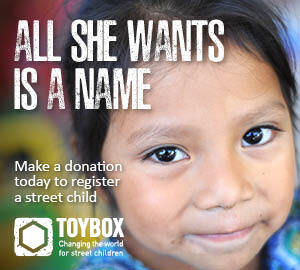Apology to singles?
An article was recently circulated on social media.

It was called ‘A Pastor’s Apology to the Single Community’1 written by John Pavlovitz. It was his apology on behalf of many pastors who have failed singles in their churches. He felt that they had unintentionally marginalised or excluded them, overlooked their unique needs and challenges, or ignored them when preaching on marriage and family. He realised that this had caused pain. He then positively stated that singles are The Church; they are not second class; they do not have less worth than married Christians; they are deeply loved and appreciated. Their singleness is neither a mere temporary affliction whilst waiting for rescue nor a judgment of their lack of Christian character. He asked for singles to keep on forgiving pastors when they got it wrong.
What are you planning to do?
Many singles were glad to read this article and receive an apology from a pastor who had some insight and compassion towards how they felt regarding church. A couple of the singles then said they had heard apologies before, so ‘what are you planning to do about it now?’
It is not only the single community that feels this way in church. I have heard this from the elderly, teenagers, the disabled; anyone who doesn’t fit the mainstream mould of ‘family with children’. So what is going wrong in the church? Why does the church perpetuate this particular social script? My view is that churches often fail to meet the fundamental human need of belonging, being loved and valued, having a common purpose. Loneliness is the epidemic of our time. Disconnectedness is at the root of what people are struggling with in churches. In our rushed and stressed life styles we have lost the art of being whole communities. We don’t make time for cultivating interpersonal relationships. What a contrast to the example of Jesus who always made time for a wide range of diverse people. We learn from this that grace is required in our efforts.
Only connect
How do we become connected whole church communities again? Primarily this is our personal responsibility in our own walk with the Lord and spiritual growth. It would be wrong to come to the church with a con-sumerist attitude i.e. how can I use church members to meet my needs; if my needs are not being met, then I will leave. Rather, I am committed to go to church to worship God, to hear the Word preached, to have fellowship and to serve. It is our public duty to be connected in our church families which should be led by example of the pastor and church leadership team. This will take further commitment of time, effort and money unto the Lord, often on a weekly basis. As we are able, we should:
• Show hospitality in our home to all in the church from members to leaders, which is all inclusive.
• Develop genuine interest in church members and inclusive friendships which convey love and value to the other people.
• Have a purposeful community outreach to practically share the gospel that everyone can be involved in according to their abilities.
This does not mean it is wrong to have specific ministries to singles or the elderly, for example. These should be developed and cultivated as parts of the whole inclusive church community.
Getting churches together
Often, it is better for a group of churches to team up to meet their singles’ needs and challenges with a singles’ leader who is spiritually mature, compassionate, and has an insight into singles’ issues.
After an apology, it is better for pastors to do something than nothing.
Jacqui Wright is a single Christian, an independent speech and language therapist and chair of Bedford Christian Singles friendship and fellowship group.



